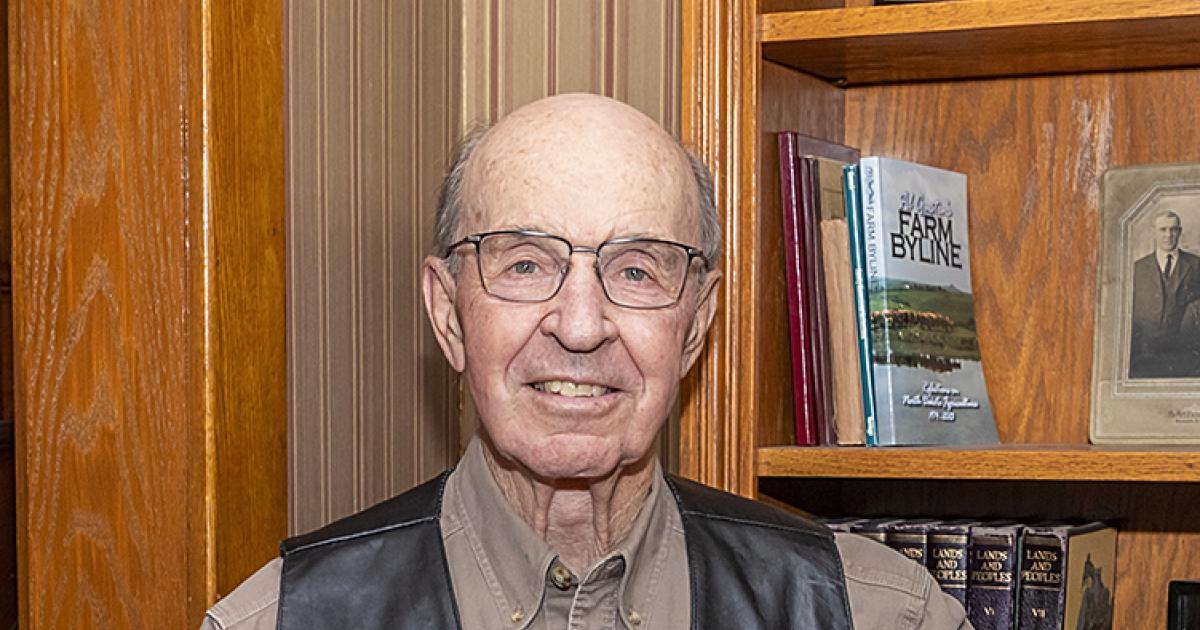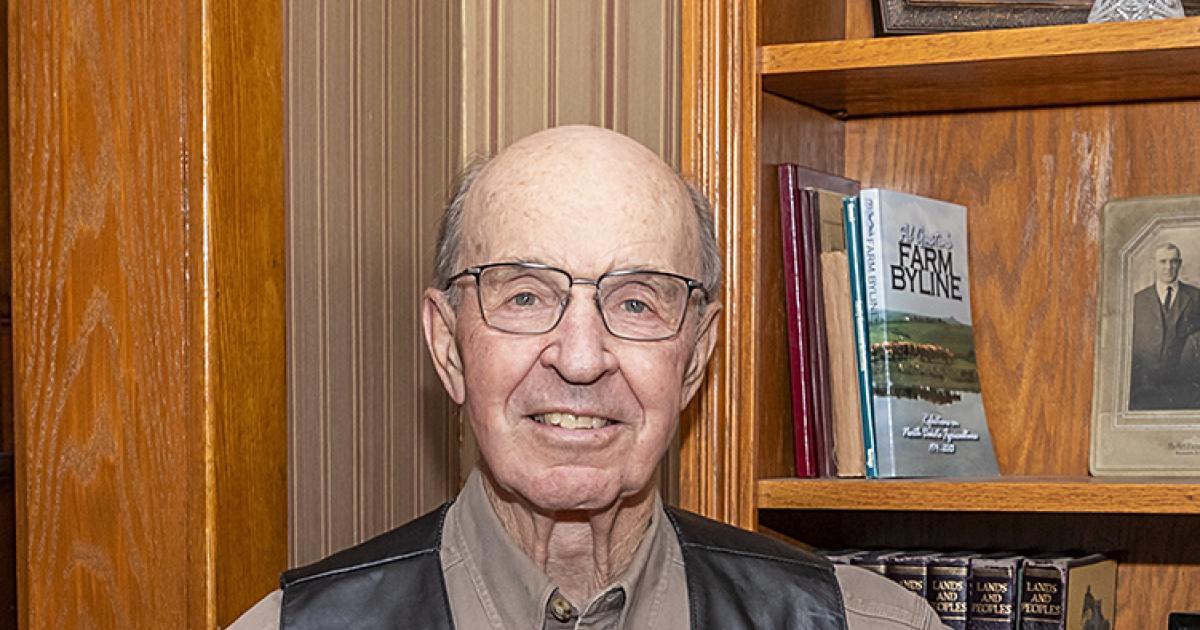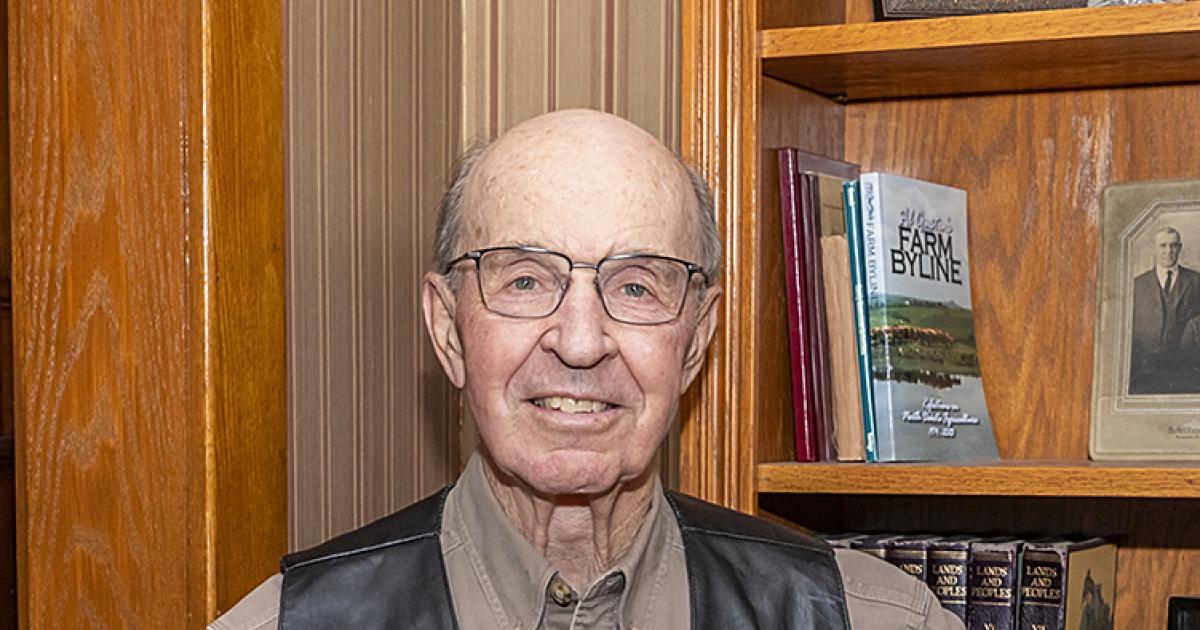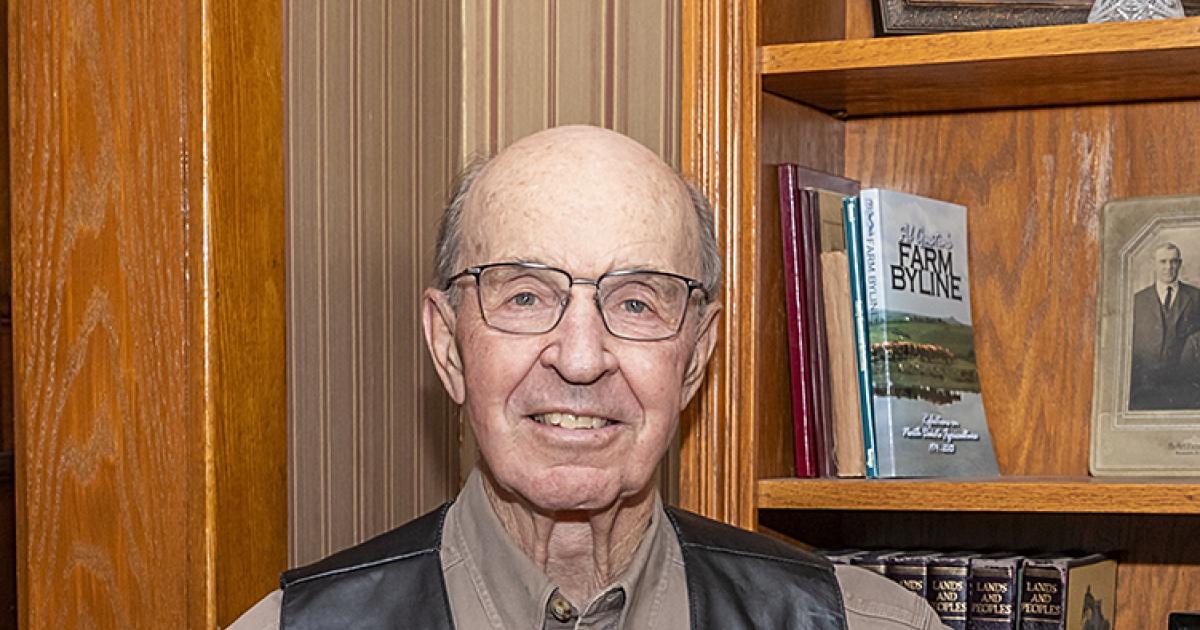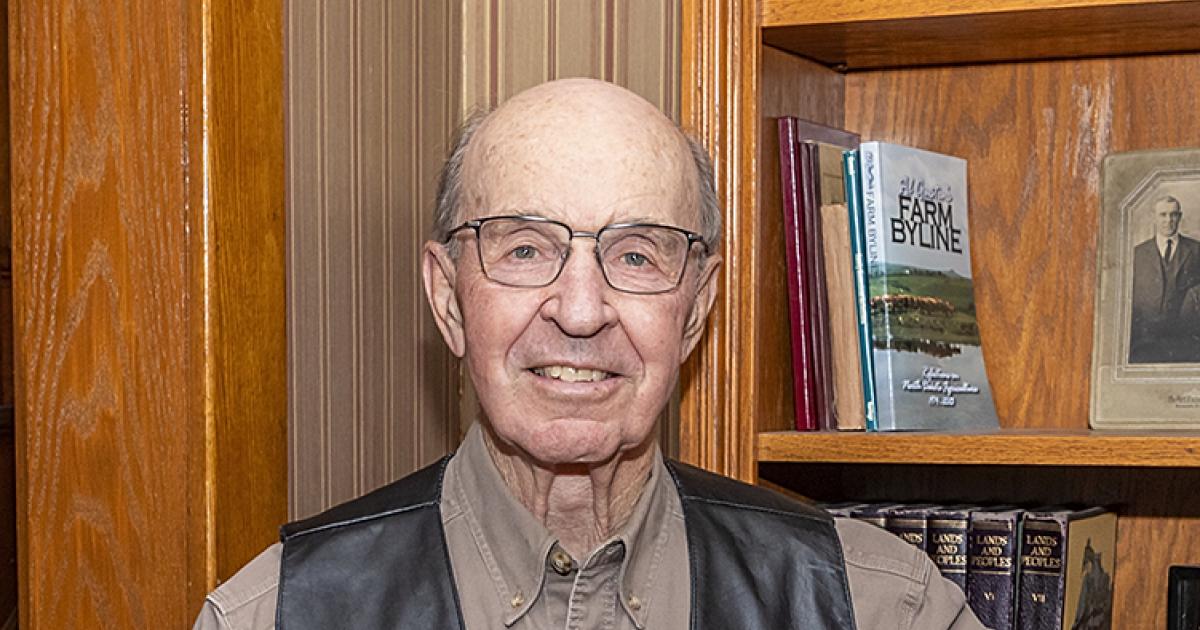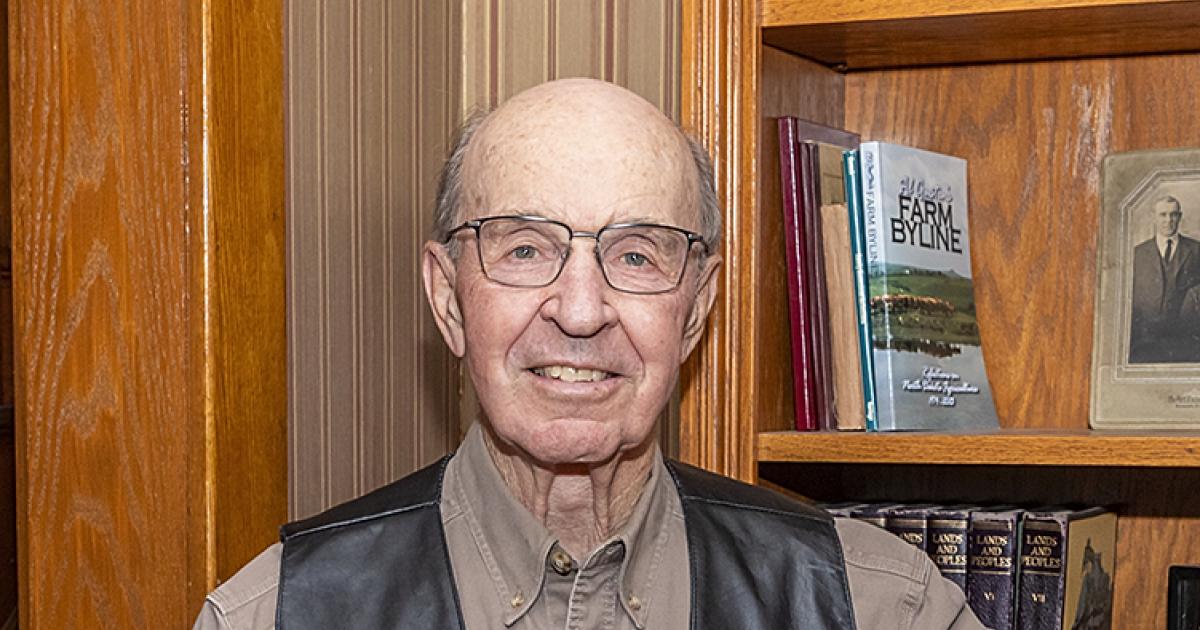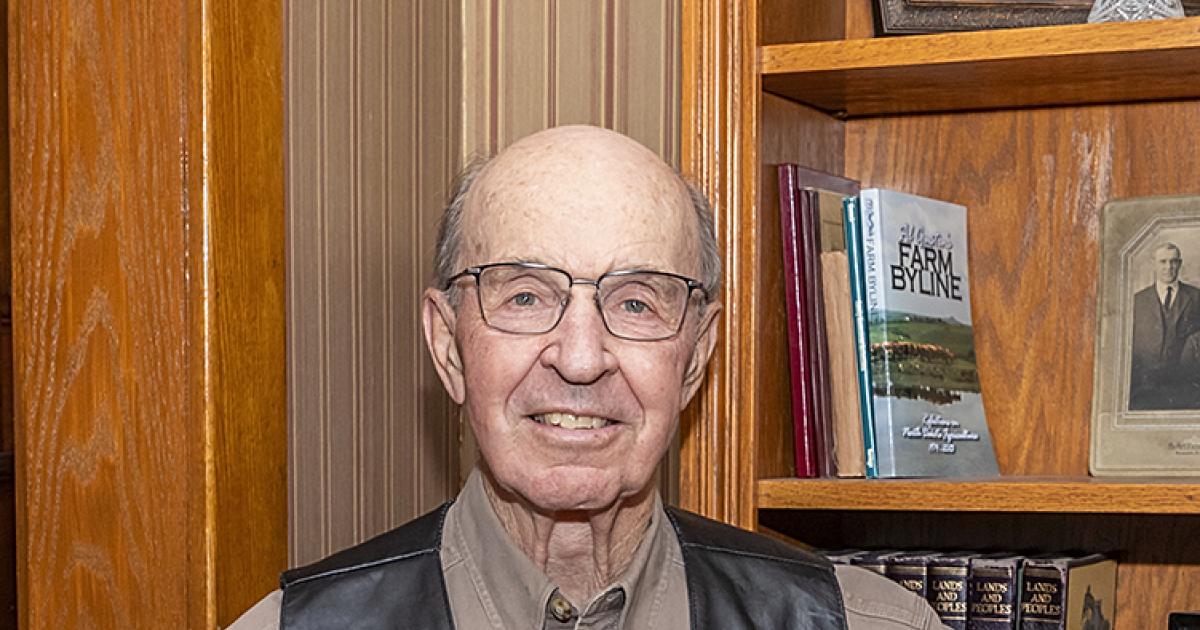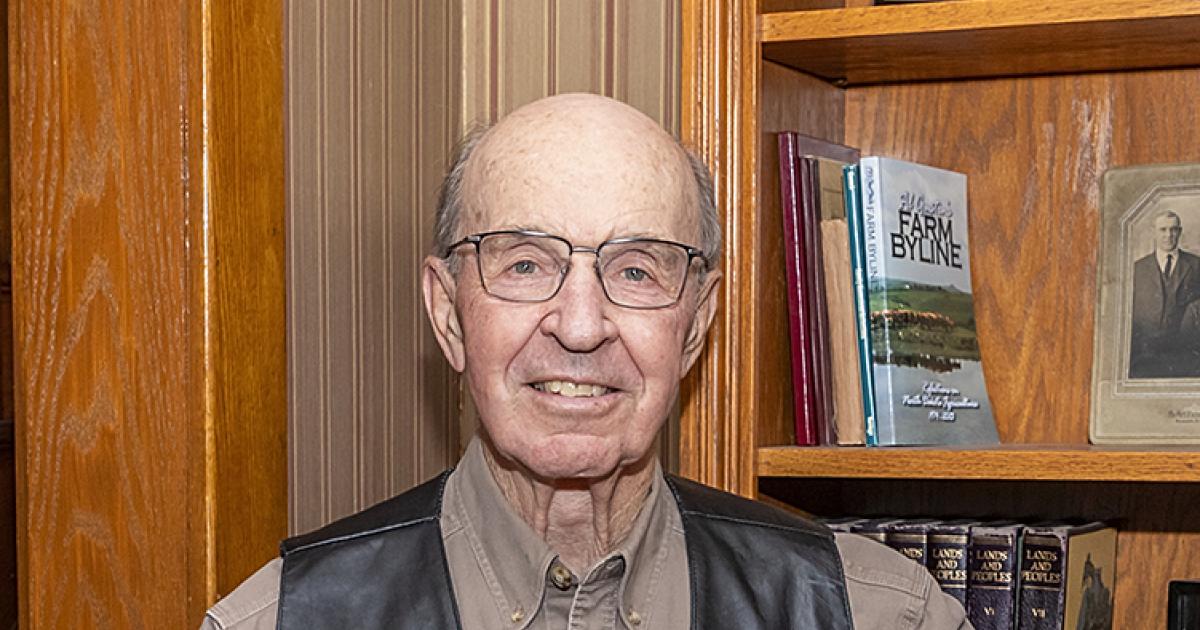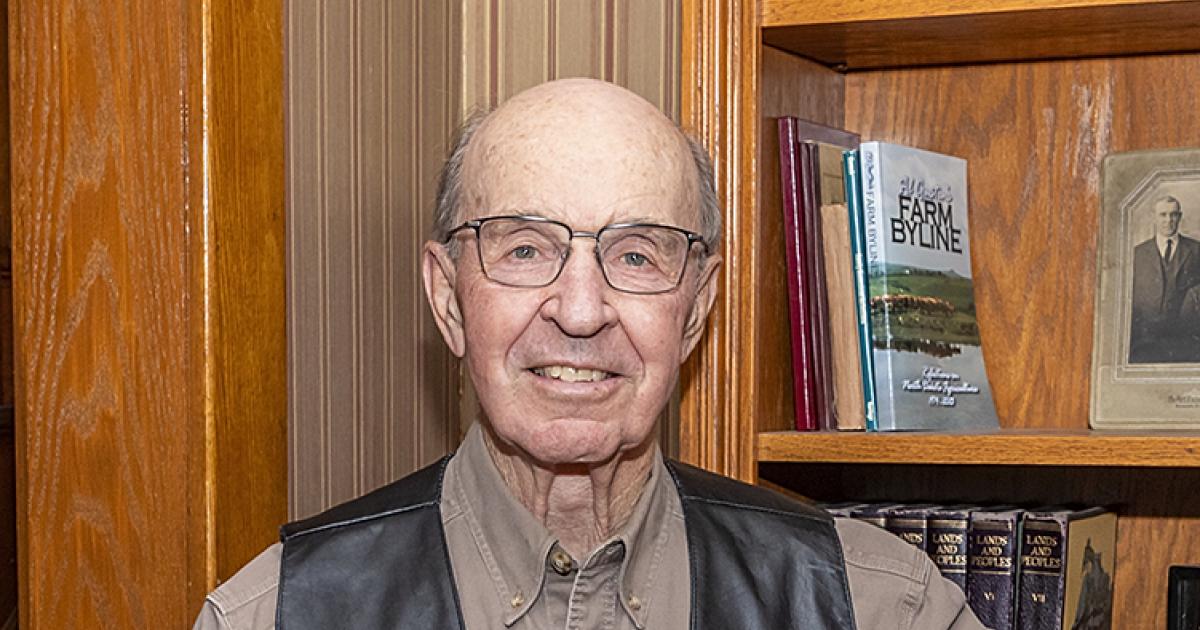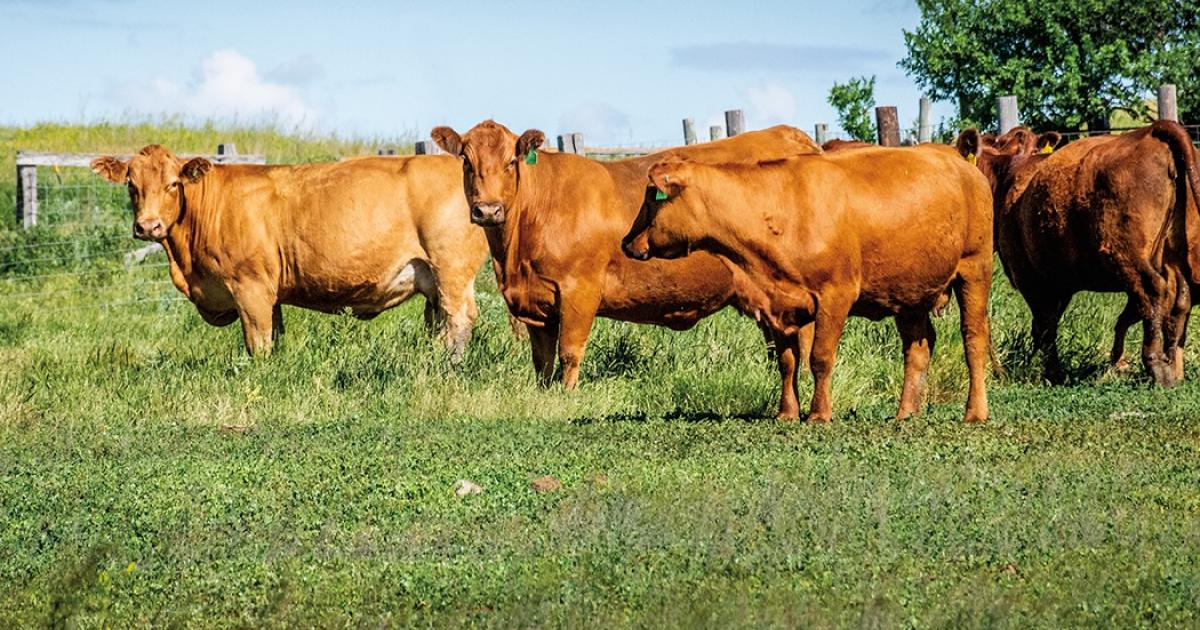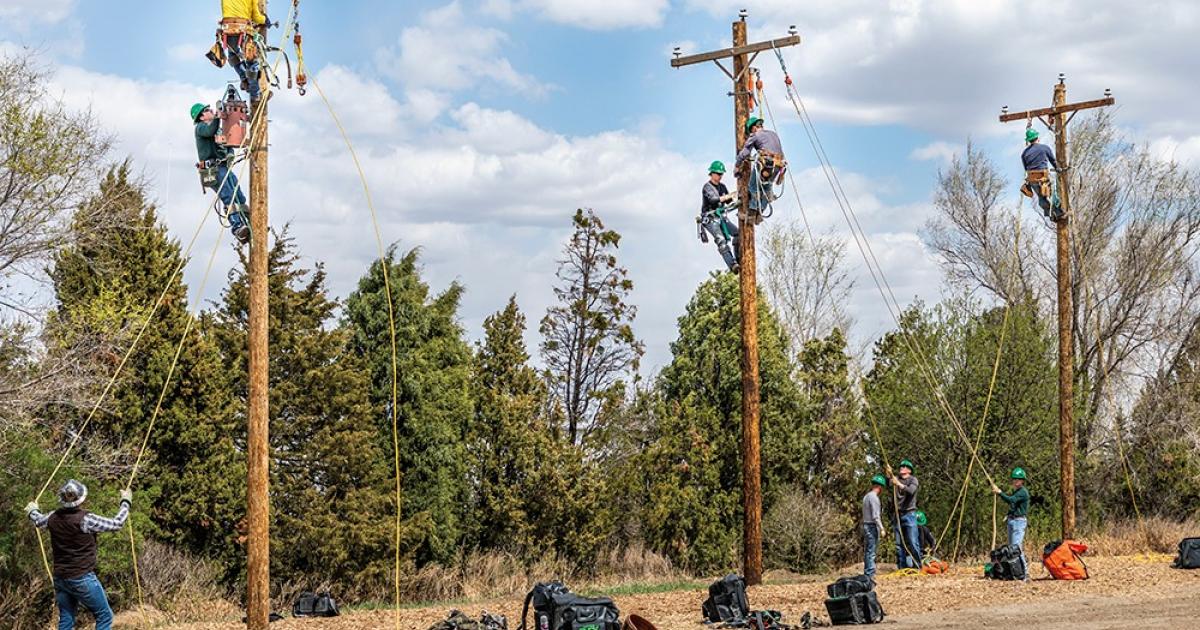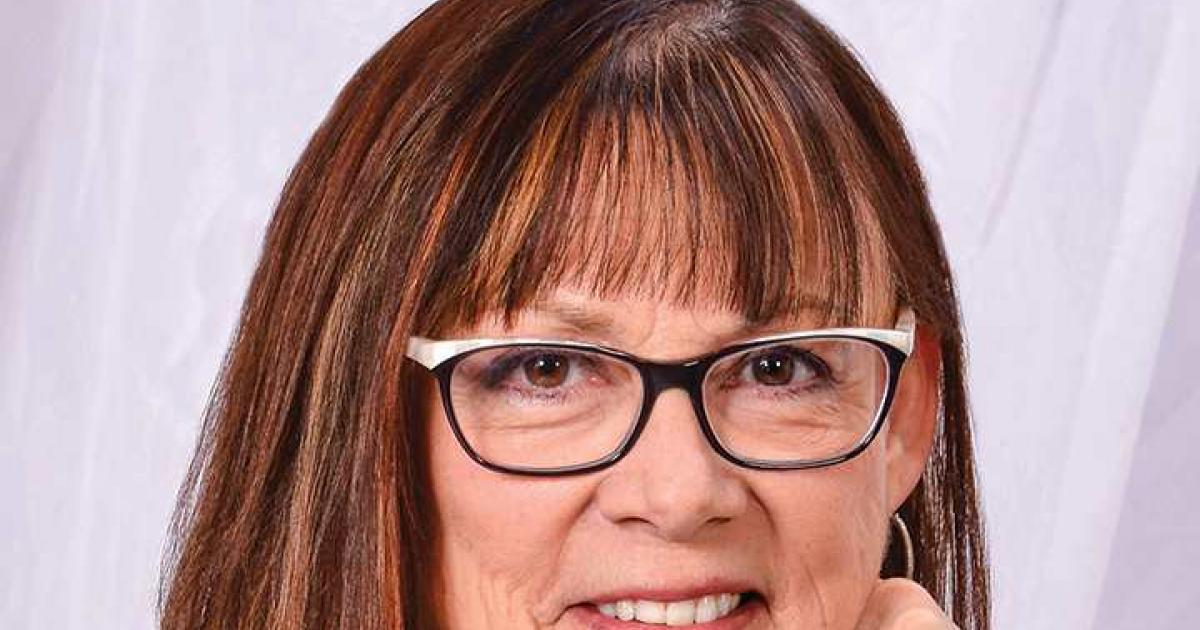It was early in the morning on Aug. 20, 1982. I had been sleeping in a chair in the intensive care unit of the local hospital at the bedside of our daughter, Becky. The afternoon before, she and her sister, Amy, had been riding horse and had gotten separated. When Amy came upon Becky, she found her lying on the ground unconscious. Amy said it appeared Becky’s horse had slipped on muddy ground and gone down.
Al Gustin
On a flight from Texas to North Dakota recently, I looked out the airplane window and remembered an observation I had made many years ago. People who develop farm policy should do less flying and more driving. When you’re 33,000 feet from the ground, I reasoned, it’s easy to think about agriculture as a large, diversified industry. You focus on policies to support the overall health of that industry, national farm income and keeping agriculture globally competitive.
“In this season of giving, it’s appropriate to recognize all those who have given generously to help the ranchers in McKenzie County.” That’s how I began a commentary written 25 years ago on Dec. 8, 1999. On Nov. 1 of that year, range fires fanned by a 75-mile-per-hour wind burned over 80,000 acres of land in that county. Hay, many miles of fence and some buildings were also destroyed.
On a beautiful evening in late August, we sat alongside the Bohemian Hall south of Mandan and listened as Chuck Suchy sang about the hall and this “place” where he grew up and still lives. As he sang, a semi-truck barreled past on Highway 6, after hauling a load of grain to market. I thought of all the changes the hall has seen.
I was visiting with a friend recently about the fact fall grazing isn’t what it used to be. Back when farms were more diversified and much of the cropland was devoted to wheat and barley, farmers would turn their cattle onto those fields after harvest. There was usually some pigeon grass or other weeds for the cattle to eat, along with the grass that grew on the headlands and field margins. Today, those wheat fields are clean, thanks to better herbicides, and the headlands and field margins often aren’t as wide as they once were.
The farm where I grew up and still live was surveyed in 1883. The surveyor’s report for the home section refers to the rolling topography and the Little Heart River that bisects the farm. The report concludes, “soils first rate.” I always smile when I read that. The surveyor failed to mention the alkali flats that border the river, the gumbo and all those rocks that had to be removed before one could farm those first-rate soils.
It’s estimated North Dakota farmers planted just over 400,000 acres of sunflowers this year. If any of those sunflower fields are along a road, it’s a safe bet someone will stop and take a picture when the crop is in full bloom.
There is such a picture of a blooming sunflower field on the cover of the 1980 annual statistical summary of North Dakota agriculture. The fact sunflowers made the front cover 44 years ago was an acknowledgement of the position sunflowers had achieved in the state’s crop production mix.
June’s National Dairy Month observance finds me thinking about North Dakota’s dying dairy industry and all the dairy stories I’ve done these past 50-plus years, especially the last one.
When I started, North Dakota had several thousand farms with dairy cattle and two large dairy producer organizations. There were numerous cheese plants, creameries and bottling plants. Our June stories were about dairy shows, dairy princesses and cow milking contests.


